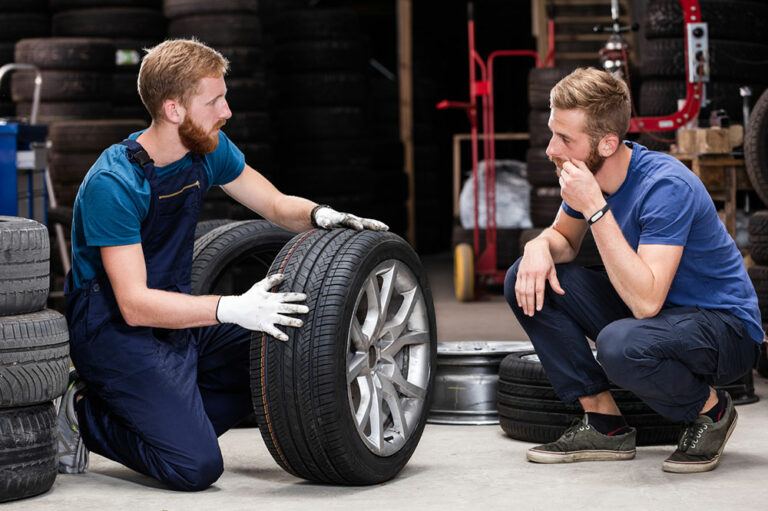
7 common mistakes to avoid when purchasing tires
Tires are a huge part of a vehicle’s structure. Selecting the correct set of tires is crucial for a vehicle’s performance and longevity. This is why buyers must be watchful and careful while purchasing tires. Mistakes are common when one buys tires for their vehicles. Knowing the mistakes makes it easier for people to avoid them while buying tires online or offline. Here are some of the most common purchasing mistakes buyers make: 1. Choosing incompatible tires Tires come in various specs, many of which may not be compatible with the buyer’s given car model. This is why one needs to know the exact specs of their vehicle before stepping into a tire store. All one needs to do is check their vehicle’s owner’s manual, which contains all the details about the best tire brands and a guide on what size and type of tires can be used for the given vehicle. Also, vehicle owners can check the tire placard for exact details. This placard is normally placed near a vehicle’s driver’s side door. 2. Buying inferior tires Nobody purchases “bad” tires for their vehicle on purpose. But sometimes, people may unknowingly buy tires that are inferior in terms of quality.
Read More 




